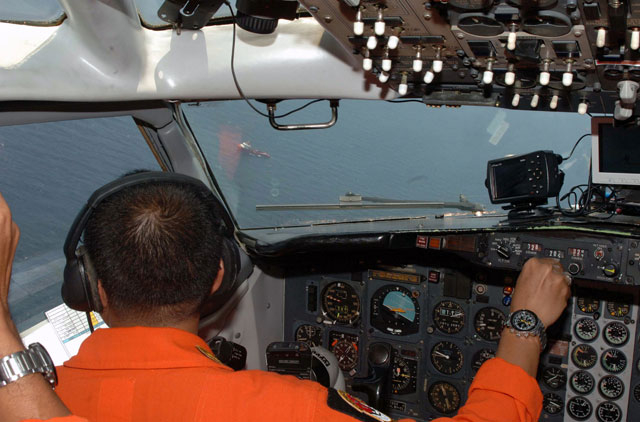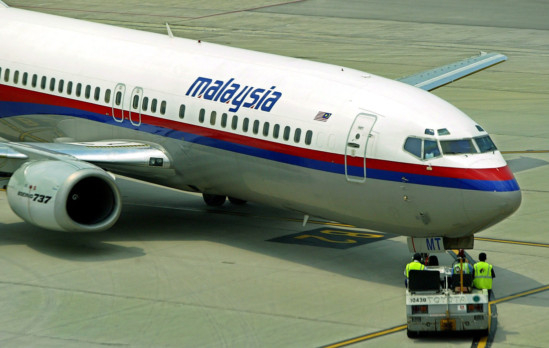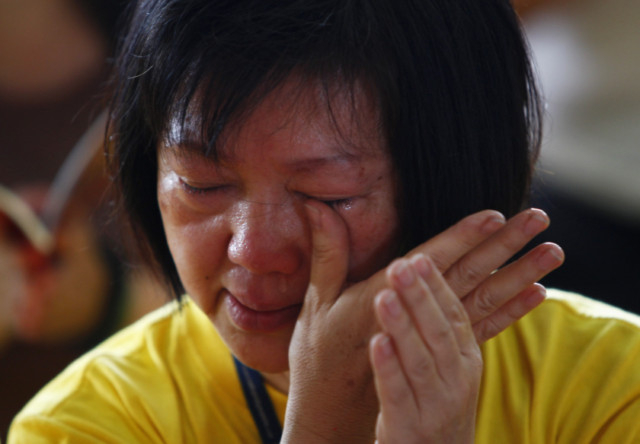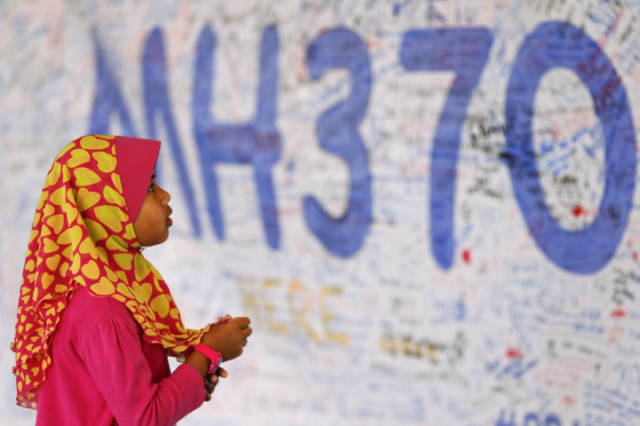Dubai: What would it take for a commercial airline pilot to commit suicide?
The reasons could be down to multiple and complex factors, but severe depression or even hard-to-detect substance abuse could unbalance even the most seasoned flyers, posing a massive risk to people on board -- and on the ground, say experts.
Investigators into the MH370 flight that disappeared over a week ago are now considering pilot suicide as one possible cause.
Pilot suicide is not completely unheard of. A 2014 study by the Federal Aviation Administration revealed eight cases out of 2,758 fatal aviation accidents in the US between 2002 to 2012 were caused by pilot's taking their own lives.
The report found that all eight suicides were men, with four testing positive for alcohol and two for antidepressants.
Yet proving pilot suicide is tough, a Dubai forensic psychologist told Gulf News.
“It’s extremely difficult to make a psychological autopsy without sufficient information (on a case),” said Dr Raymond Hamden, a clinical and forensic psychologist who has consulted in the psychology of terrorists and hostage situations.
Hamden told Gulf News that all reputable airlines and companies already require pilots to do at least a one-time psychological testing in addition to a periodical physical exam. Others do psychometric tests periodically.
“There could be a number or a combination of factors and different ways people can be cited for having suicidal tendencies. Any person could have severe clinical depression, or bipolar (manic depression),” said Hamden, director of Dubai-based Human Relations Institute (HRI), told Gulf News.
“Like every human being, airline pilots can be vulnerable to attack. Sometimes, a person can just be a male turning a certain age,” he said, adding that not everyone who faces mid-life crisis is suicidal. "It’s those who feel hopeless and helpless who usually end up being more vulnerable to self-destruction."
Other causes include alcohol abuse, or irrational thinking which happens when individuals that have had a lack of social support during a breakup of a relationship, like a divorce, or the loss of a loved one ... "When we’re talking about forensic psychological issues, we may be looking at terrorist tendencies," Dr Hamdan added.
Flying depressed
Even the most severe cases of depression, can be effectively treated -- the earlier the diagnosis and treatment, the better it works, according to the US National Institute of Mental Health.
But another expert stressed that pilots diagnosed with even a moderate level of depression should not be allowed to fly.
Depression –- which interferes with a person’s ability to work, sleep, eat, study and life’s pleasures -- is a major risk factor for suicide, said Dr. Bahjat Balbous, a consultant psychiatrist at Dr Hassan Sayek Polyclinic in Deira who previously served as director of Dubai’s Al Amal Hospital for 20 years before going into private practice.
“I think all pilots should undergo a regular, periodic psychological tests, instead of a one-off psychometric test as part of the hiring process,” he said.
“A pilot’s job is a very sensitive one, which poses risks to both the people in the plane and on the ground.
“I dealt with at least one case of a pilot facing moderate depression. The airline did not let him fly for several months until he fully recovered.”
According to Dr Balbous, studies show that up to 50 per cent of people who commit suicide had clinical depression. The danger, however, is that among those who are clinically depressed, only eight 8 per cent get proper treatment.
“Up to 25 per cent of those who get some sort of treatment either get an improper one or inadequate treatment. A lion’s share of those who are clinically depressed don’t get any sort of treatment at all,” he said.
“With active-duty pilots diagnosed with depression, you have to be sure it does not recur, for the simple reason that the job is extremely sensitive,” said Dr Balbous.
Screening out mad pilots
Standards, or lack of it, vary greatly in the way airlines conduct psychological screening of pilots, according to a BBC report.
The International Civil Aviation Organisation (ICAO) requires member states to meet certain standards for physical health of pilots. Its rules, moreover, reject a pilot with any history of psychosis, alcoholism, drug dependence, personality disorder, mental abnormality or neurosis. But ICAO rules do not require formal and periodic psychological tests, the report pointed out.
Dr. Amber Haque, associate professor of Clinical Psychology at the UAE University in Al Ain, said this situation is “problematic”. “In a big and sensitive industry such as aviation, it’s difficult to find clues of psychological distress in a person who may look fit. But stress comes from all sorts of causes or situations that can make or break a perfectly healthy person all the time.
“Unless a regular test becomes a standard part of annual health screening regime for pilots, you leave it to guess work to establish his psychological health,” said Dr Haque,who was director of masters degree programme in clinical psychology for four years at the university and editor of the UAE Psychologist newsletter.
“Airlines should require pilots to undergo periodic psychological fitness test, without making it extra difficult for the pilots. Because at the end of the day, pilots are human beings too,” said Dr Haque.
















